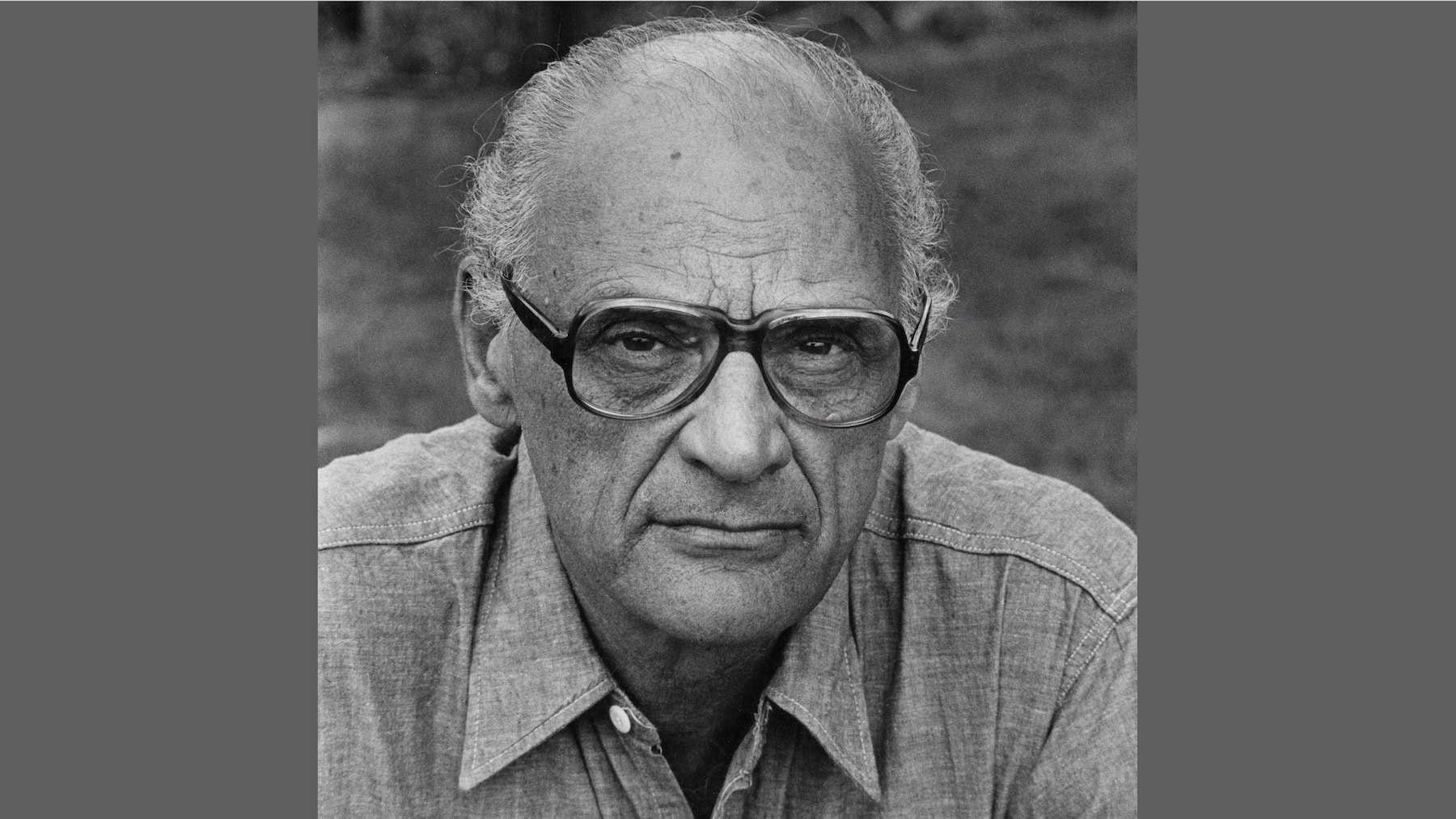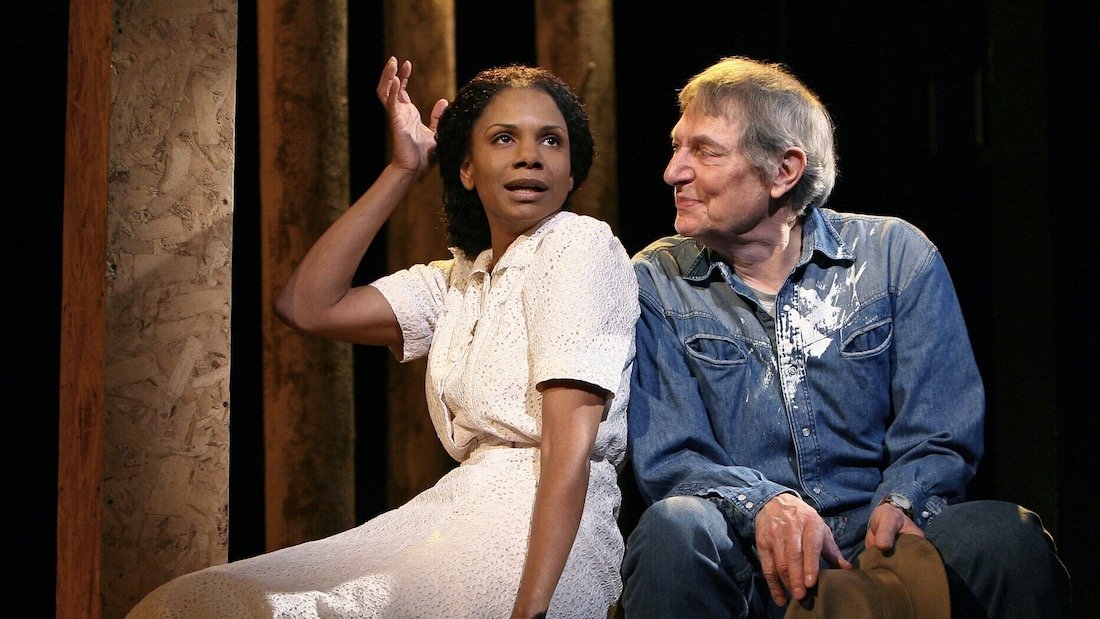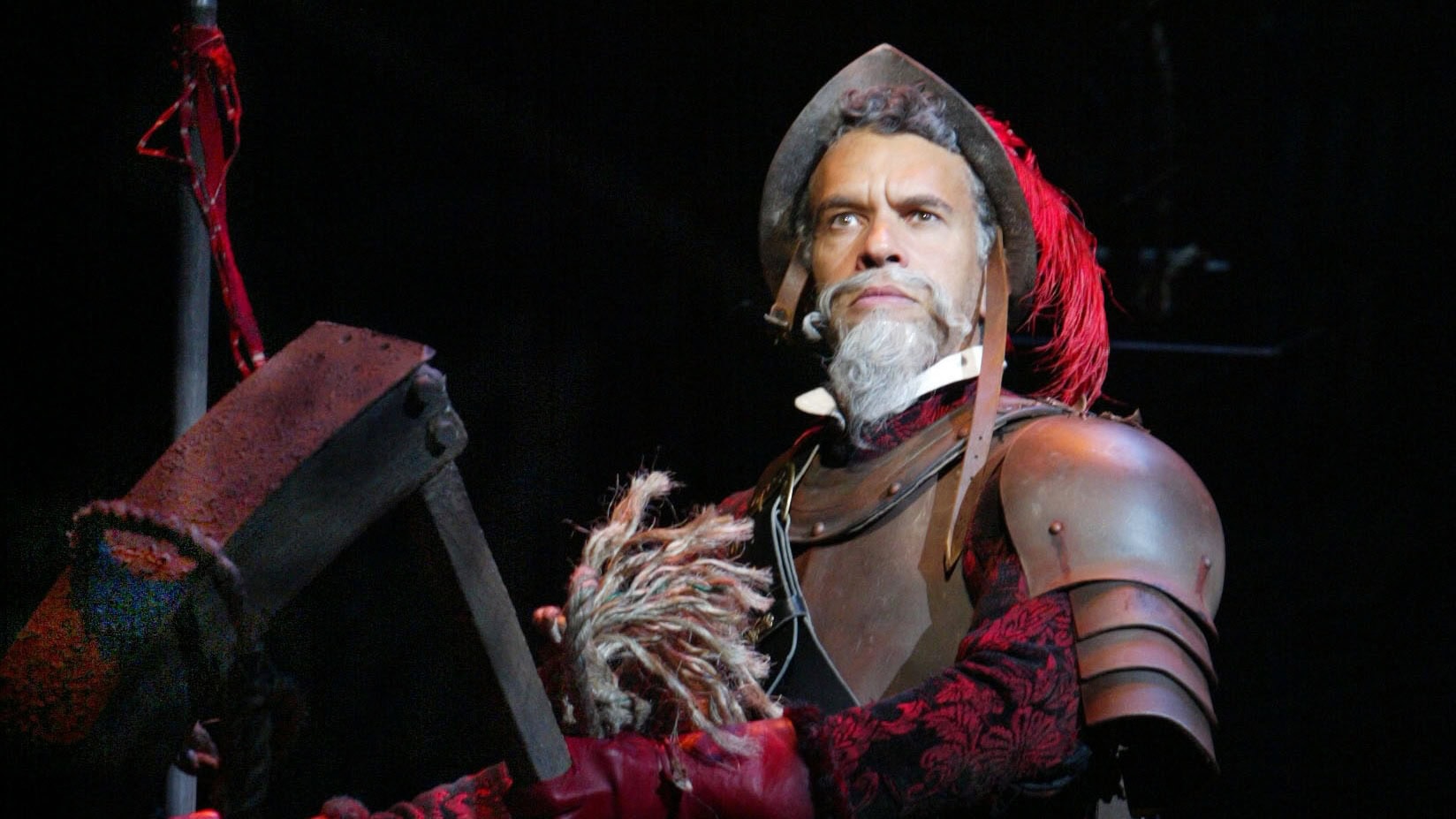
Here’s a selection of five of Miller’s transcendent plays, each of which examines a different facet of the American experience.
All My Sons (1947)
One of Miller’s earliest engagements with the fallacy of the American Dream, All My Sons follows the post-war reckoning of the Keller family as the new generation discovers secrets and grapples with how best to respond to them. As the tension, guilt and deception mount, father and son must each decide whether the pursuit of honesty and idealism is worth the sacrifice of their carefully constructed lives. As they find themselves on increasing opposing sides of this question, the Keller family races towards implosion, giving us a play electrifying in its intensity.
Based on a true story, All My Sons was Miller’s first commercial and critical success on Broadway, running for 328 performances from January to November of 1947. Its debut won the Tony Award for Best Author and Best Direction of a Play (for Elia Kazan, to whom the play was dedicated). It has enjoyed regular revivals in major American and international theatres, as well as a variety of adaptations for film and radio.
Death of a Salesman (1949)
Of all Miller’s work, none gives quite so grim a denouncement of the fallacy of the American dream as Death of a Salesman. The play revolves around the last days of Willy Loman, a failing salesman unable to reconcile the ambitious hopes he nurtured for his career and his family with the bleak reality of his life. Through a series of tragic soul-searching revelations of the life he has lived with his wife, his sons and his business associates, the play reveals how Willy’s quest for the “American Dream” kept him blind to the people who truly loved him. This thrilling work of deep and revelatory beauty remains one of the most profound dramas of the American theatre.
Death of a Salesman debuted in 1949 and is ranked by critics as one of the greatest plays of the 20th century. The winner of the Pulitzer Prize for Drama as well as six Tony Awards (including Best Play) the year of its premiere, it remains one of Miller’s most celebrated and successful works.
The Crucible (1953)
Widely considered a masterpiece, this timeless classic challenges American ideas of power, intolerance and justice. In the Puritan community of Salem, Massachusetts, a servant girl accuses a farmer’s wife of witchcraft. One accusation spirals into many, uncovering a web of bigotry and deceit that changes their lives forever. Among the world’s most produced plays since its 1953 debut, The Crucible is both a gripping historical drama and an evergreen parable of contemporary society.
The Crucible premiered at the Martin Beck Theatre and, despite initial reviews that were primarily unsympathetic, won the 1953 Tony Award for Best Play. Only a year later, the play was restaged and slightly revised by Miller and was met with great commercial success, beginning its journey to becoming an American classic.
The Price (1968)
The Price holds a unique place in Miller’s canon as a searingly intimate and uncomfortable family drama set in the wake of the Great Depression. After a 16-year estrangement, siblings Victor and Walter meet in their old family home to sell the remaining furniture before the building is demolished. As past grievances and unacknowledged tensions come to light, the brothers must come to terms with their divergent paths, choosing either to pursue their dreams or to sacrifice those dreams for the sake of family stability.
Initially written as a response to the Vietnam War, The Price opened on Broadway in 1968 at the Morosco Theatre, where it enjoyed a respectable run of 429 performances and earned a nomination for the Tony Award for Best Play. In 1971, Miller adapted his stage play for television, earning six Emmy Award nominations and three wins. Since its opening, the play has had several major revivals on Broadway and the West End.
The Ride Down Mt Morgan (1991)
Examining the cost of shameless individualism, The Ride Down Mt. Morgan is one of Miller’s late plays. When successful businessman Lyman Felt survives a serious car crash, his two wives meet at his hospital bedside, exposing his secret double life. As the chain of events leading to this situation unravels, Lyman’s true character is exposed, forcing him to wrestle with consequences he never expected to face. Throughout the play, Miller probes the implications of a society that urges individuals to give meaning to their lives by defining it only for themselves, exposing the inevitable personal toll of selfishness.
The Ride Down Mt Morgan premiered at London’s Wyndham Theatre in 1991. Seven years later, in 1998, the play made its New York debut at The Public Theater, followed by a run at Broadway’s Ambassador Theatre in 2000. The Broadway production earned two Tony Award nominations, for Best Play and Best Featured Actress in a Play.
Notably excluded from this list are the following plays:
- A Memory of Two Mondays
- A View from the Bridge
- After the Fall
- An Enemy of the People (Miller)
- Broken Glass
- Clara
- Danger: Memory!
- Elegy for a Lady
- I Can’t Remember Anything
- Incident at Vichy
- Peters’ Connections
- No Villain
- Some Kind of Love Story
- The American Clock
- The Archbishop’s Ceiling
- The Creation of the World and Other Business
- The Golden Years
- The Last Yankee (Full Length)
- The Last Yankee (One Act)
- The Man Who Had All the Luck
For more timeless plays by Arthur Miller, visit Dramatists Play Service.

Plays that Inspired Musicals

QUIZ: Which Character from The Lightning Thief Are You?

